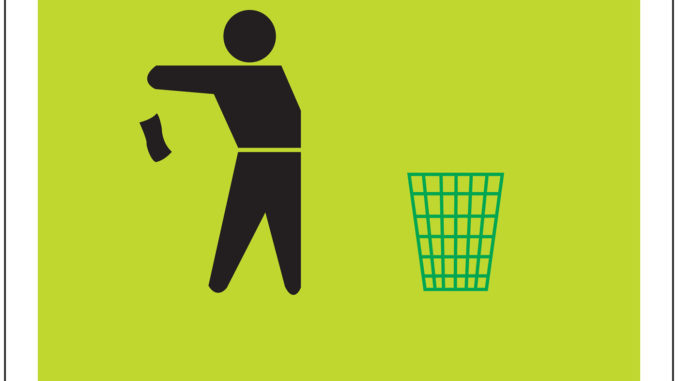
There are several challenges in our cities that can be solved only through civic leaning. Major challenges like traffic indiscipline, littering, not segregating garbage, open urination, not queuing up, defacing public assets, paying bribes, not paying taxes, not voting in elections and the general disrespect for the rule of law are all impossible for government alone to handle and solve. We need civic learning and civic participation at massive scale in our cities to surmount these challenge.
Civic learning needs to find its rightful place in our school curriculum. Imagine if we could take our school children to a civic picnic at the landfill, a walking tour of the municipality and the council, an exposure visit to a sewage treatment plant and an outing to police station, and combine these with basic lessons in active citizenship? These can instil trust between citizens and governments, and improve transparency and accountability in the functioning of municipalities and other civic agencies.
The personal leadership of PM Sh. Narendra Modi on Swachhata has meanwhile generated unprecedented political impulse albeit towards a more informal model of citizen participation. All types of groups of different kinds are now animated by swachhata related causes and volunteering for them. The time is ripe for creating a market for citizen volunteering in our cities, as the first step towards systematic civic learning and civic participation.
There are hundreds of civic causes that unattended in our cities. Parks and playgrounds may require deseeding. Public toilets may require cleaning or citizens may need awareness on open defecation. The public library may need help in rearranging its books. The orphanage may need help in taking children out on a festival day.
Firstly, volunteering would itself be practical civic learning that exposes citizen to the realities of civic governance in India. it would nudge citizens to reflect more deeply on why things are the way they are when it comes to the municipality and our cities. It would also educate citizens on who in government is responsible for what aspect of governance, what challenges govt. face and where exactly things are going wrong. Volunteering for the municipality or any other civic agency would therefore serve as a reality check that will dislodge cynicism and replace it with civic consciousness and responsibility.
Secondly, it will prepare citizens for more systematic civic participation in city neighbourhoods. First hand exposure to challenges of service delivery and civic problem solving will change the way citizens think, from thinking only about outcomes and services much like consumers, to thinking about democratic processes and the rule of law like rights-and-obligations-bearing citizens.
Thirdly, volunteering for civic causes will hopefully build greater degrees of empathy among citizens. India’s cities are cruelly unequal. The propensity to purchase private services and exit the public system has created many unequal cities within our cities. A better understanding of the lives and challenges of fellow citizens in cities could fundamentally alter our own demands from goats.
Lastly, in a tactical yet important way, citizen volunteering will enhance skills and capabilities of municipalities, which in today’s times are hugely under resourced in terms of both number of staff and their skills. If even 5% of the population spare just 2 hours in a week, we have multiple million volunteer hours. Imagine the power of shramdaan and transformative scale.
Wide reach of social media makes it possible to build a countrywide digital backbone for citizen volunteering. So many remaining works can easily be translated into action within just a few weeks.
Matter Courtesy: Srikanth Viswanathan. Govt. can’t do it alone, Times of India, Ahmedabad, Friday, 20th Oct., 2017.

Leave a Reply
You must be logged in to post a comment.